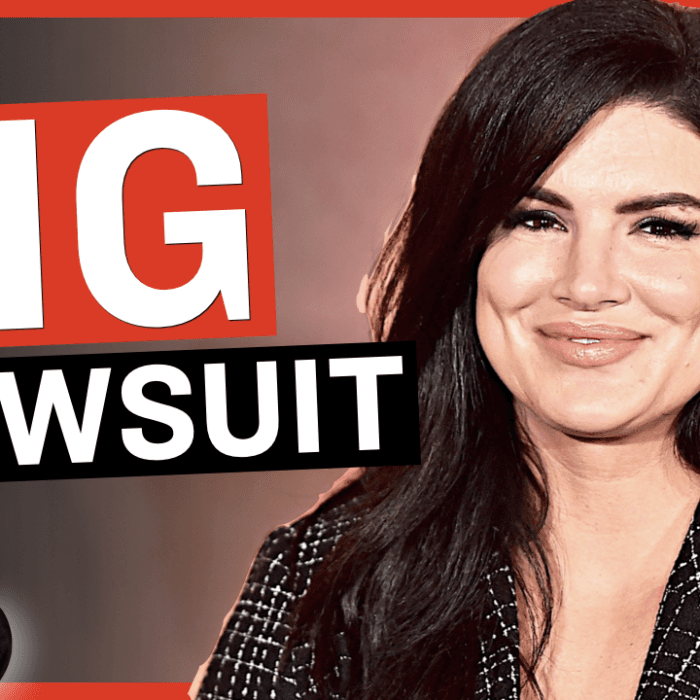Critics of the potential casting pointed out discrepancies between the historical portrayal of Anne Bonny as a pale-skinned, red-haired Irish woman and Ms. Edebiri’s Nigerian heritage. Some accused Disney of “blackwashing” historical characters of Caucasian descent.
Others echoed similar sentiments, expressing disappointment over the casting choice and citing concerns about historical accuracy. One X user criticized Disney’s casting decisions, labeling it the “Wakanda policy” and questioning their portrayal of black characters in historical roles.
The Epoch Times reached out to Disney for comment.
Disney Admits Policies Harm Sales
In a recent disclosure to its investors, Disney has underscored potential disparities between its offerings and audience expectations, emphasizing potential repercussions on its financial performance. The company’s quarterly financial report, ending in September, candidly acknowledges the challenges posed by “misalignment with public and consumer tastes and preferences for entertainment.”This acknowledgment comes amidst Disney’s ongoing battle to resonate with audiences, as evidenced by a series of high-profile film releases that reportedly incurred losses totaling $1 billion.
Most recently, Disney’s $330 million Snow White reboot faced a setback when its release was postponed by a year. This decision came in the wake of lead actress Rachel Zegler’s contentious remarks regarding the original 1937 film, coupled with her pledge for a more progressive approach in the remake.
The company’s submission of a Securities and Exchange Commission (SEC) filing serves as a vital tool for investors, analysts, and regulators, offering insights into its operational performance. Within this filing, Disney emphasized the critical role of consistently producing captivating content for its success.
The report cautioned that when creative endeavors fail to resonate adequately with consumers, it inevitably impacts profitability. Disney’s recent involvement in various political controversies has further exacerbated concerns among some parents and consumers, highlighting a perceived misalignment between the brand’s values and their own.
Of notable mention is Disney’s vocal opposition to Florida Gov. Ron DeSantis’s Parents’ Bill of Rights, dubbed by critics the “Don’t Say Gay” bill, which prohibits the inclusion of sexual and gender education in elementary school curricula. Despite the backlash, the company has persisted in releasing content driven by its ideological stance.
While CEO Bob Iger pledged in September to mitigate the company’s entanglement in cultural debates, the promised quieting of controversies has yet to materialize.
Reacting to Disney’s corporate disclosure, Sen. Ted Cruz (R-Texas) voiced astonishment during a recent episode of his podcast, “Verdict.” He characterized the acknowledgment of discord between Disney’s products and consumer sentiments as indicative of substantial financial losses incurred from recent progressive initiatives.
Mr. Cruz argued that Disney’s adherence to the adage “go woke, go broke” is evident, lamenting the perceived departure from the legacy of Walt Disney himself. He suggested that the inclusion of these concerns in the disclosure reflects the magnitude of anticipated losses, preemptively shielding the company from potential litigation by investors who might accuse executives of prioritizing woke politics over profitability.







